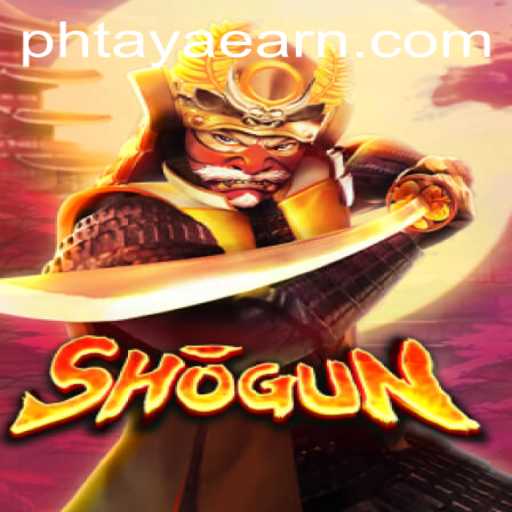Delve into the captivating world of Shogun with a comprehensive guide on its gameplay, introduction, and key rules intertwined with current events.
Shogun: A Strategic Odyssey in Gaming
The universe of gaming is always evolving, consistently offering both nostalgia and novelty to enthusiasts worldwide. One game that stands out in its unique blend of history and strategy is Shogun. Inspired by the rich heritage and tactical complexity of feudal Japan, Shogun has emerged as a compelling experience for players who are keen on strategic depth and engaging mechanics. This captivating game combines the thrilling aspects of historical warfare with the intricate planning required in board games.
Introduction to Shogun
Shogun, at its core, is a strategy game that promises an immersive journey into the times where warlords, known as daimyos, sought to unify Japan under their command. This era, filled with both conflict and artistry, provides the perfect backdrop for Shogun, allowing players to step into the shoes of a daimyo and navigate their path to becoming the most powerful warlord.
The premise of Shogun is simple yet profound: players manage resources, control territories, and make pivotal decisions to outmaneuver their opponents. While the historical setting is an integral part of the game’s charm, it’s the depth of strategy that truly captivates players. With the incorporation of precise planning and anticipation of opponents’ moves, Shogun ensures that each game is a fresh challenge.
Game Mechanics and Rules
Central to Shogun’s appeal is its rule set, which balances complexity with accessibility. The game is typically played over several rounds, each divided into seasons that mirror Japan's agricultural calendar. This seasonal structure influences gameplay and strategic decisions, as players must adjust their tactics to the changing conditions.
At the beginning of each round, players receive resources based on the territories they control. These resources include rice to feed their armies, gold to fund their campaigns, and troops to expand their influence. The allocation of these resources is critical, as neglect in any area can lead to dire consequences, such as famine or military defeat.
The tactical element of Shogun shines in its use of a cube tower, an innovative mechanic that models the uncertainty of battle. When engaging in combat, players add cubes representing their troops into the tower, and the cubes that emerge determine the outcome of the battle. The unpredictability of this mechanic means that even a superior force must consider the risks of engagement carefully.
Incorporating Current Events
The allure of Shogun is further enhanced by its uncanny parallels to contemporary global events. As nations continue to navigate the turbulent waters of geopolitical strategy, Shogun offers a microcosmic reflection of these dynamics. Themes of resource management, strategic alliances, and territorial disputes resonate with real-world situations, drawing players deeper into its narrative.
Current global events highlight the importance of strategic foresight, much like the decisions faced by Shogun players. Recent developments in international trade and political alliances serve as reminders of the delicate balance between cooperation and competition, underpinning much of the game's strategic depth.
The PHTAYA EARN Initiative
Adding a modern twist to Shogun, its developers have introduced the "PHTAYA EARN" initiative, aiming to bridge gaming with learning. This program integrates educational elements into the game, allowing players to gain insights into historical contexts while honing strategic thinking skills. By completing specific tasks and challenges, participants can earn points recognized in PHTAYA EARN, further enriching the gameplay experience.
The initiative encourages players not just to enjoy the game for entertainment but also to appreciate the rich historical and cultural narratives it embodies. It serves as a testament to how gaming can evolve beyond mere leisure, offering educational opportunities and fostering a deeper understanding of strategic scenarios.
Conclusion
Shogun offers a unique blend of historical immersion, strategic depth, and dynamic gameplay. As players navigate the challenges of unifying Japan, they are drawn into a world that reflects both the intrigue of history and the complexity of modern strategic thinking. With its innovative mechanics and educational initiatives like PHTAYA EARN, Shogun transcends typical board games, becoming an enriching experience with lasting appeal.
With its continuous evolution and alignment with current events, Shogun remains a relevant and engaging choice for gamers seeking a meaningful intersection of history, strategy, and play.




